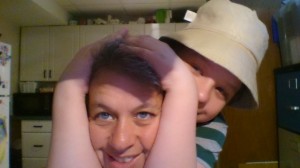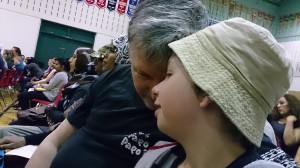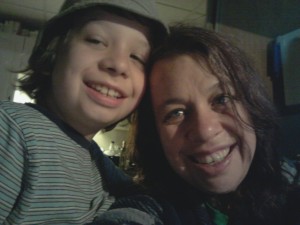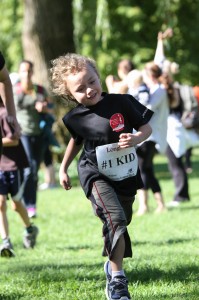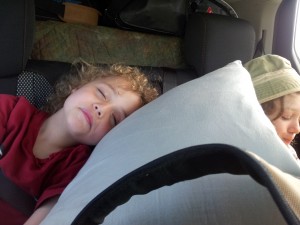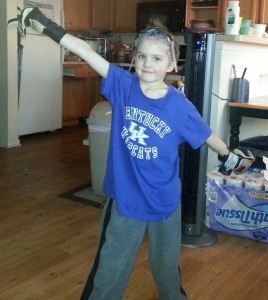When I was growing up, stay-at-home moms were the norm. My own mother stopped working when my brother and I entered the picture, and apart from a brief part-time stint at a bank when I was a teenager, she never re-entered the workforce. In those days, most workplaces were strongly male-dominated, and my mother and her contemporaries were educated at a time when options for women were limited. In any case, my father’s salary was generous enough to allow my mother to stay home.
Today, the world is quite different. With a few rare exceptions, women have the same options as men where it comes to career choices. With a burgeoning child care industry to make things easier, many mothers are choosing to balance careers with parenting and family obligations. For some it’s not a choice: many families need two incomes in order to survive.
While the ability to choose has, I believe, been good for women, it has had the effect of dividing mothers into two camps: those who stay home and those who don’t. Most of the mothers I know are quite willing to live and let live, and recognize that the choices they make might not be right for other families. But both groups have members that level insults and judgments at one another.
Having been on both sides of the coin, I have been on the receiving end of insults from all directions. As a stay-at-home mom who didn’t have two nickels to rub together, I was accused of being lazy and unambitious, as if I was sitting on my couch doing nothing all day. I was told that I was taking advantage of the “luxury of staying home with the children” when I should have been working and earning a living to provide for my family.
In another blog post, I might discuss just how luxurious it is to spend all day, every day with a baby and a toddler. Spoiler alert: it’s not.
As a mom who worked outside the home, I was told that I was dumping my kids at daycare and letting strangers raise my sons. “No mother has to work,” the holier-than-thous suddenly started spouting. “All you have to do is cut back a little and you’ll be able to live on one income.”
I hate to break it to you, but watching kids for a few hours a day during the week does not equate to raising them. And if you want me to cut back, I can do that. It’ll just mean not feeding my kids or buying them new shoes when they outgrow their old ones, but you know, no biggie.
I am in a different group now, a relatively new group that is gaining traction: the work-at-home moms. These moms are the ones who run businesses from their homes. We tend to be on the receiving end not of insults, but of envy. Apparently, we are “lucky” to be able work and be with our children at the same time. People envisage us working peacefully while Junior sits quietly on the carpet beside us playing with his Lego.
The reality, of course, is very different. This is what I look like when I’m working:
When there’s not a child jumping on my head, there are two children wrestling with each other or seeing who can scream the loudest. More often than not, the bulk of my work happens at night, after the kids are asleep. It works out all right. I mean, I don’t need to sleep myself, do I?
Here’s the thing: why do we even bother to make the distinction? Whether you stay home with the kids or go out to work, whether you work out of choice or economic necessity, does it really matter? Shouldn’t we be less concerned about judging the choices of other moms and more concerned about doing what’s right for our own families? Shouldn’t we embrace the differences in how we raise our kids instead of trying to shoehorn everybody into the same way of thinking?
What do you think? Is the difference between stay-at-home moms, work-outside-the-home moms and work-at-home moms important?
This is an original post by Kirsten Doyle. Photo credit to the author.





